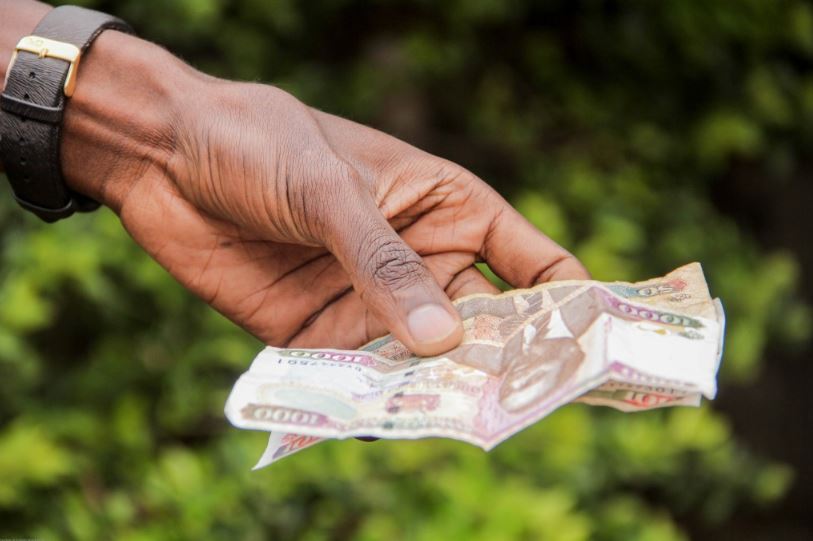×
The Standard e-Paper
Kenya’s Boldest Voice

The Jubilee government promised to tackle the fiscal deficit quickly to reassure the markets and restructure the ballooning debt to ensure the next generation is not over-burdened.






